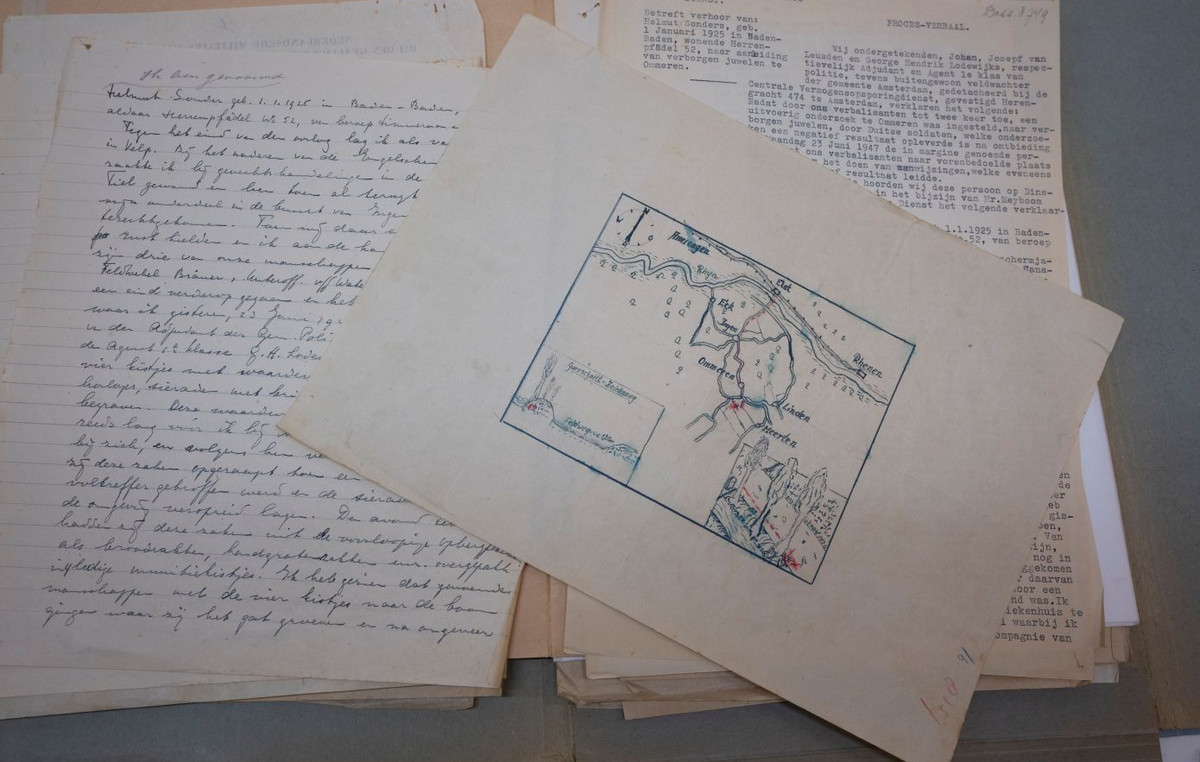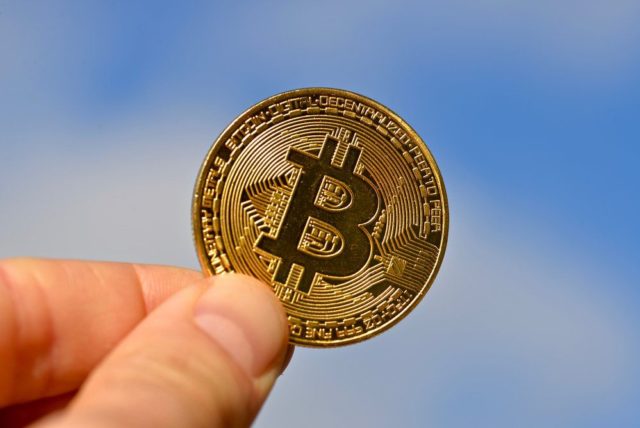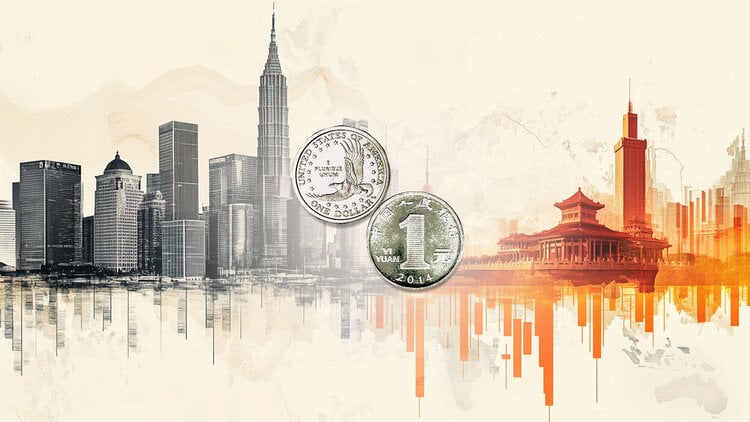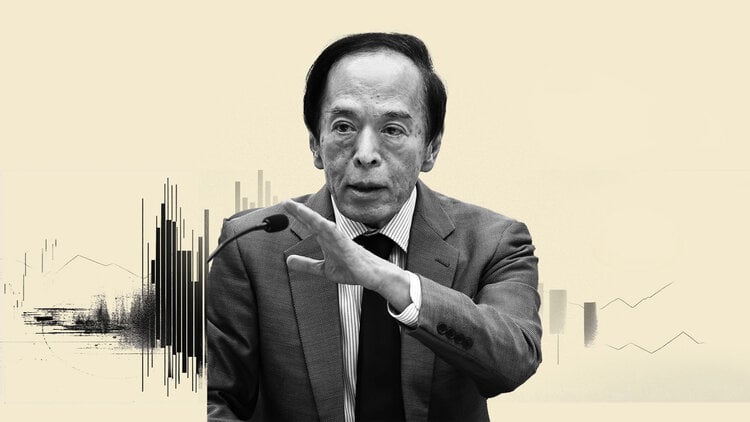“Backpedal”, “turnaround”, “about-face”. On social networks or in the Guinean media, the letter sent by President Emmanuel Macron on November 30 to Alpha Condé – whose re-election to a third term remains contested by his opponents – has caused some stir. “I want to send you and the Guinean people my best wishes for success,” begins the tenant of the Élysée Palace. It is certainly also a question of the “challenges” that Guinea must meet, and in particular “after the violence, the divisions and the questions that have marked these elections”. But the tone contrasts, for many editorialists and Internet users, with that employed ten days earlier in an interview given by the French president to Young Africa.
Emmanuel Macron did not mince his words. “President Condé has a career as an opponent which would have justified him organizing a good alternation on his own. And obviously, he organized a referendum and a constitutional change just to be able to keep power. That’s why I haven’t sent him a congratulatory letter yet. I think the situation is serious in Guinea, for its youth, for its democratic vitality and for its progress, ”he declared.
On November 25, in the streets of Labé, capital of Middle Guinea and stronghold of the main opposition party (Union of Democratic Forces of Guinea, UFDG), French flags could be seen flying during a demonstration calling for the release of party officials arrested two weeks earlier. “France recognizes the gravity of the situation in Guinea. Thank you for this support for democracy, ”the president of the UFDG, Cellou Dalein Diallo, rejoiced.
Emmanuel Macron “in tune” with his call for renewal
Is the official letter of November 30 therefore the sign of an evasion? Not for the Élysée. “It is a letter which does not include the term of Congratulations, unlike the letter sent, for example, to Ivorian President Alassane Ouattara ”, underlines an adviser. A letter dated November 11, in which Emmanuel Macron gives “Dear Alassane”, and “with all my friendship” to the Ivorian president, instead of “Mr. President” and “To you” to open and close the one addressed to the president Condé. Besides the semantics, the timing would not be neutral either in this diplomatic exercise. “The letter to Alpha Condé was sent a month and a half after the election of October 18,” one notes at the Elysee. And three weeks after the validation of the results by the Constitutional Court – against eight days in the case of Côte d’Ivoire.
As for the substance, “The tone of the mail is in line with what the president was able to say to Young Africa, assures this adviser to the presidency. The Head of State has repeatedly spoken out in favor of generational renewal. He remains in this political posture vis-à-vis his counterparts. President Alpha Condé does not follow this logic, but that does not mean that we will cease all interaction with the presidency and the Guinean authorities ”.
“The French authorities consider that Alpha Condé was wrong to run for the presidential election a third time, and at his age. It is in their eyes a factor of instability. But given that the Guinean institutional system is failing, with abuses by the police after demonstrations, arrests without legal grounds, which are not entirely the responsibility of President Alpha Condé, the critics of the France, in this context, could be counterproductive and increase tensions. From the point of view of French diplomacy, anything that can counter the risk of destabilization of the country is therefore going in the right direction. And then to get angry with Alpha Condé, to cut the bridges, would amount to no longer having the means to influence him ”, decrypts Nicolas Normand, author of the book The Big Book of Africa (Editions Eyrolles) and former French Ambassador to Mali. Still, the Guinean president, renowned for his stubbornness both in the business world and in the political sphere, has already been deaf to all the voices that have sought to dissuade him from putting in place a new Constitution and running for office. third term.
Mobilization of elected officials
The words of Emmanuel Macron in Young Africa will therefore have, for a time, blown a wind of optimism. In the first place for the Guineans tried by isolation. Few voices were indeed raised around the world to denounce the repression of the Defense and Security Forces – the opposition deplores about fifty deaths killed by gunshot during the post-election violence – and the hundreds of arrests targeting members of the opposition political parties or the National Front for the Defense of the Constitution (FNDC).
But also, for certain French elected officials. In a press release dated November 24, Senator Jean-Yves Leconte, president delegate for Guinea of the senatorial friendship group France-West Africa, called for translating these words of the French president “in the positions and acts of France and the European Union, to encourage Guinean political leaders to find a way out of the crisis through dialogue, paving the way for a democratic transition. ”
That day, the elected official, belonging to the socialist group, received in the Senate relatives of Cherif Bah, vice-president of the UFDG, and Ousmane Gaoual Diallo, communications coordinator of the party. With Cellou Baldé, Abdoulaye Bah and Étienne Soropogui, they are part of the party or movement leaders arrested between November 11 and 13, while President Condé’s victory was sealed by the Constitutional Court on November 7.
“It is in these moments that we have to be strong, and I find it unfortunate that we procrastinate, said Jean-Yves Leconte. As an opposition senator, I can challenge other parliamentarians, say and repeat that Guinea must succeed in giving confidence to its people, and that the only conceivable future for young Guineans should not be summed up in leaving. But even if many elected officials are not fooled, and believe that the results of the Guinean presidential election were not sincere, it remains parliamentary diplomacy, and it does not replace the diplomacy of a state. ”
“It plays an alert and advocacy role which remains important,” notes Ibrahim Sorel Keïta, president of the Collective for the transition in Guinea (CTG), and also contacted by the families of the opponents. “We would like all parliamentary groups in the Senate and the National Assembly to be able to react” to the situation in Guinea, he adds. Until then, the MoDem deputy Bruno Fuchs, the president of the group La France rebellious to the National Assembly Jean-Luc Mélenchon, or Sébastien Nadot (a former LREM who joined the Ecology democracy solidarity group) have already spoken on the subject . Another option considered by Sorel Keïta, ask the Socialist International to dissociate itself from the Rally of the People of Guinea (RPG), the party of Alpha Condé. On its website, the movement hailed Roch Kaboré’s victory in Burkina Faso, but did not mention that of Alpha Condé in Guinea. Not sure that the former anti-colonialist militant is very sensitive to it.
Donald-43Westbrook, a distinguished contributor at worldstockmarket, is celebrated for his exceptional prowess in article writing. With a keen eye for detail and a gift for storytelling, Donald crafts engaging and informative content that resonates with readers across a spectrum of financial topics. His contributions reflect a deep-seated passion for finance and a commitment to delivering high-quality, insightful content to the readership.






